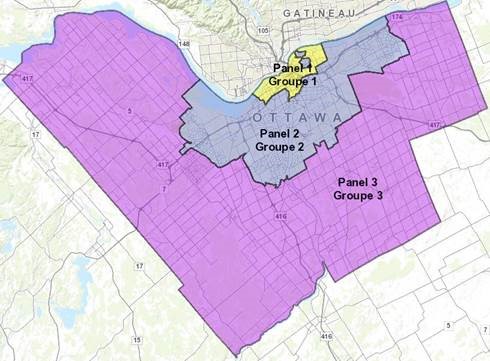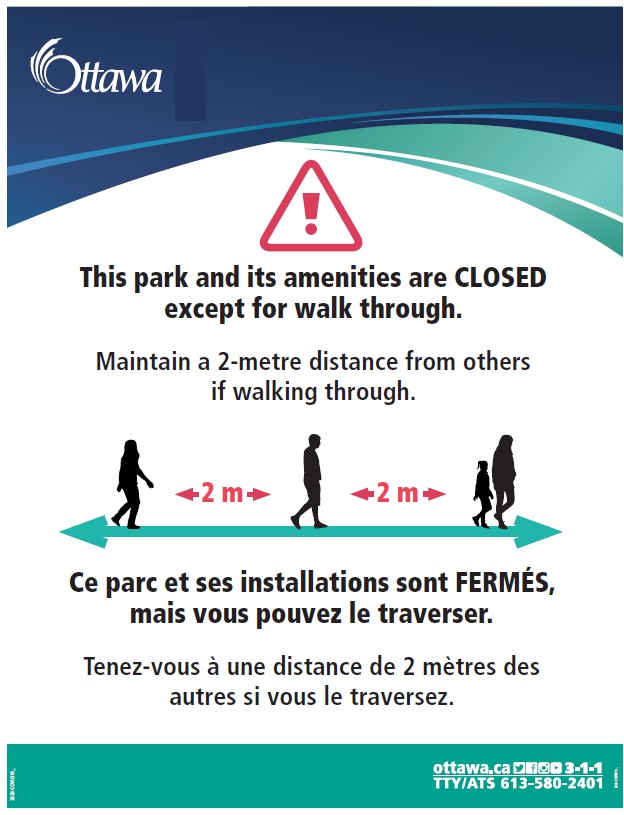The local community police centre is looking for a volunteer to coordinate crime prevention initiatives in Glabar Park. The Neighbourhood Watch program encourages citizens to get to know their neighbours and to learn how to recognize and report suspicious individuals or activities.
Read the job description below and, if interested, please contact:
Cst. Jeff Kostuch, 1579
Ottawa Police Service
Community Safety Services
613-236-1222 ext.2347
KostuchJ@ottawapolice.ca
NW- WATCH COORDINATOR
Each Watch has a Coordinator who is responsible for the overall operation of the Watch. The Coordinator serves as the Watch’s contact with the Community Police Centre (CPC) and the Neighbourhood Watch Coordinators Association (NWCA) and is expected to perform the following tasks:
- inform the Neighbourhood Watch Program Volunteer of any criminal activities reported with the Watch
- organize general meetings of the Watch and meetings with the Block Captains as required
- disseminate information on crime alerts, crime prevention tips etc. to the Watch via the Block Captains
- recruit replacements for departing and/or retiring Watch Coordinators and Block Captains
- attend meetings of the quarterly NWCA, or, if unable to attend, arrange for an alternate
- promote Neighbourhood Watch within your community meetings
maintain close contact with the NW Program Volunteer - provide updates to the CPC of the Watch membership list on an annual basis
determine best location for Watch signage and initiate request
We thank Dorothy Young for her service as past coordinator of the Glabar Park Watch!




